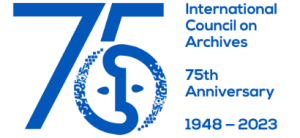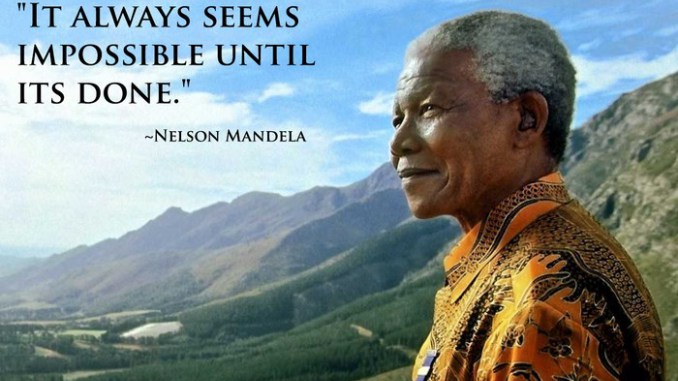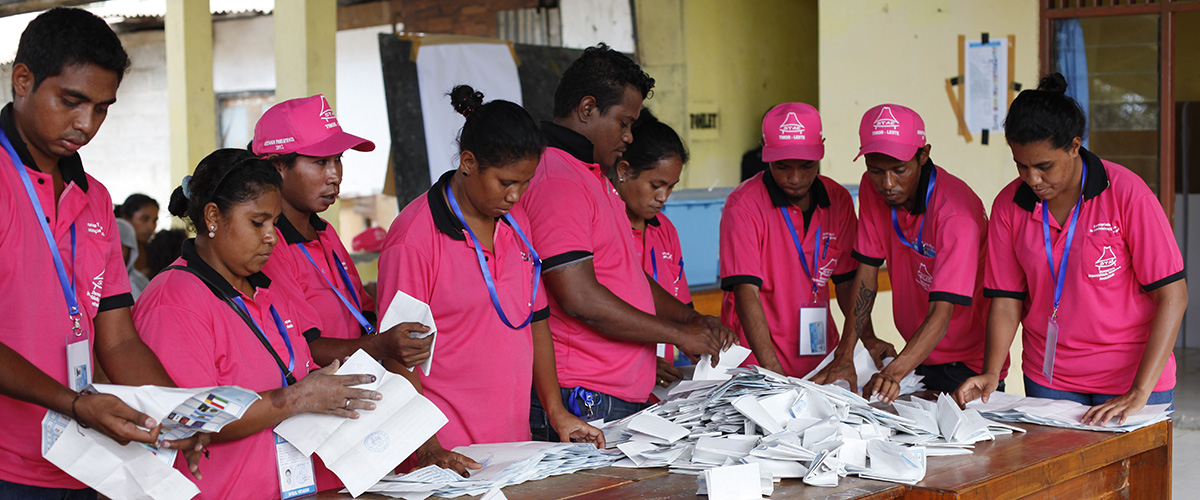 Celebrate Archives!
Celebrate Archives!
Did you know that June 9 is International Archives Day? All around the world, professionals in the archival community unite their voices on June 9 to make you understand why it is essential to support archives and the profession.
Background
The ICA believes that the value of archives and archivists should be promoted at the international level. Archives and archivists play an important role in accountability, transparency, democracy, heritage, memory and society.
During the 2004 International Congress in Vienna, 2000 attending participants adopted a resolution requesting that the United Nations (UN) designates a specific day to mark the importance and value of archives.
In 2005, the United Nations Educational Scientific and Cultural Organization (UNESCO) declared October 27 as the World Day for Audiovisual Heritage (WDAH) during the 33rd session of the UNESCO General Conference held in Paris, France. WDAH makes an occasion to raise widespread awareness of the need to take urgent measures and acknowledge the importance of audio-visual documents as a representation of our shared heritage and memory. However, audio-visual documents are only a portion of our documentary heritage that warrants international attention.
Subsequently, it was decided at the 2007 ICA Annual General Meeting that June 9 would be celebrated as International Archives Day. The date, June 9, was chosen to commemorate the date ICA was created under the auspices of UNESCO in 1948.

 participants of the First International Meeting of People Affected by Dams that took place in March, 1997 in Curitiba, Brazil.
participants of the First International Meeting of People Affected by Dams that took place in March, 1997 in Curitiba, Brazil. 

 essential job. On this International Day of Democracy, let us rededicate ourselves to democracy and dignity for all. » — UN Secretary-General, Ban Ki-moon
essential job. On this International Day of Democracy, let us rededicate ourselves to democracy and dignity for all. » — UN Secretary-General, Ban Ki-moon